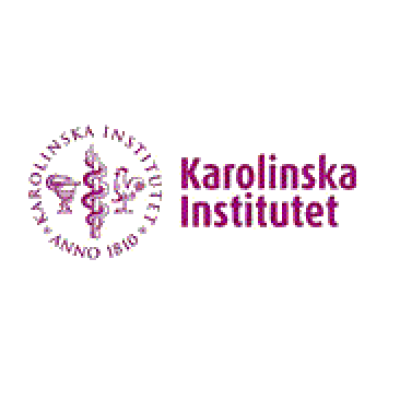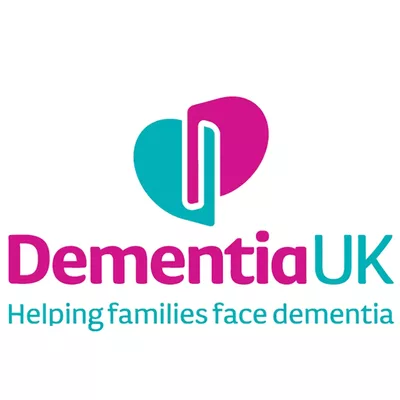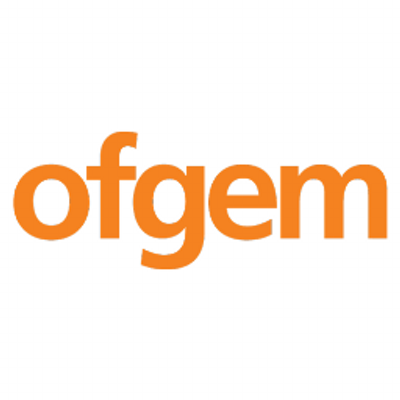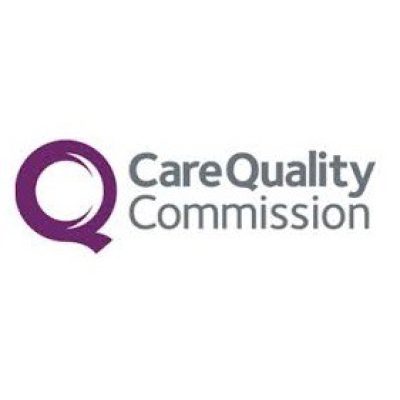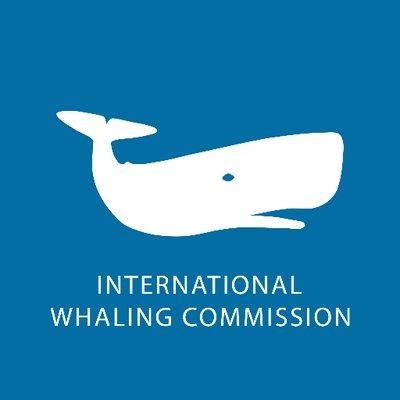Do you want to contribute to top quality medical research?
The Department of Medical Epidemiology and Biostatistics conducts research in epidemiology and biostatistics across a broad range of areas within biomedical science. The department is among the largest of its type in Europe and has especially strong research profiles in psychiatric, cancer, reproductive, pediatric, pharmaco, genetic, and geriatric epidemiology, eating disorders, precision medicine, and biostatistics.
Part of the success of our department is due to our collaborative spirit where one factor is that researchers at the Department share and co-finance common resources (e.g., IT and an applied biostatistics group). The department is situated at campus Solna. Further information can be found at http://ki.se/en/meb.
In the research group “Cancer epidemiology and applied biostatistics” we focus on risk factors and prognostic factors of cancer in the population-based setting to understand underlying mechanisms of cancer occurrence and survival. Our three main research themes are i) reproductive factors and cancer, ii) socioeconomic inequalities in cancer, and iii) descriptive cancer trends in the Nordic countries. We use a wide range of statistical methods for survival analysis, competing risks, missing data, causal inference and incidence modelling. We utilize population-based data from Swedish national health registers, such as the National Cancer Register and the National Quality Register for Breast Cancer (NKBC). We also have well-established international collaborations with research groups at the Nordic cancer registries (NORDCAN and the Association of Nordic Cancer Registries, ANCR).
We are an international research group in statistics, epidemiology and biomedicine. Our multi-disciplinary group is embedded within the larger Biostatistics Group at MEB, and also collaborates with statisticians, epidemiologists and clinical researchers within MEB and at other KI departments. We hold weekly group meetings with open-minded scientific discussions and regularly host research visitors. We also have a strong presence at national and international conferences. At MEB, the international Junior Faculty group hosts a range of academic and social events for postdocs. More information about our research group can be found here.
Your mission
As a postdoc, you will be leading and conducting research in cancer epidemiology and applied biostatistics. The project focuses on population-based cancer epidemiology with extensive application of biostatistical methods to register-based data. It will be possible to tailor the research area and projects towards interests of the applicant. Specific themes will include at least one of:
- Reproductive factors and cancer risk and survival.
- Socioeconomic factors and cancer risk and survival.
- Cross-country Nordic analyses, in particular using Swedish and Norwegian data.
- Application of survival analysis, methods for handling missing data, causal inference and federated analysis.
You will contribute to multiple research themes and collaborate with biostatisticians, epidemiologists and clinicians at Karolinska Institutet and abroad, including research visits to the Cancer Registry of Norway, Oslo.
Your responsibilities include:
- Conducting and leading independent research of high international quality, including publication.
- Developing and managing research projects in cancer epidemiology with applications of biostatistical methods.
- Supervising own master students and co-supervising PhD students.
- Collaborating with national and international partners.
- Applying for own funding as PI and as co-investigator.
- Engaging in communication, outreach and teaching.
Your profile
Requirements:
- Academic qualifications at the PhD level in epidemiology, public health, global health, clinical science, biostatistics or data science, or related fields.
- Experience from leading own research, e.g. own PhD project and postdoctoral projects.
- Experience from analysis of large population-based studies, e.g. register-based studies or cohort studies.
- Proficiency in statistical programming and analysis using Stata, R or SAS.
- Strong communication skills in English, both oral and written.
Meritorious:
- Experience from cancer, reproductive or socioepidemiology.
- Experience from applications of survival analysis, missing data methods or federated analysis.
- Experience from Swedish or Nordic population-based epidemiology and collaborations.
- Fluency in one Nordic language (Danish, Finnish, Icelandic, Norwegian or Swedish).
- Strong skills in project management, leadership, problem-solving and structured workflow.
- Strong interpersonal skills, team-oriented mindset, and ability to work in interdisciplinary groups.
To be eligible for employment as a postdoctor, a PhD or a foreign degree deemed to be equivalent to a Swedish PhD is required. This eligibility requirement must be fulfilled at the latest at the time of the employment decision. Completion of your doctoral degree within the last three years is considered an advantage. If there are special reasons, your degree may have been completed earlier.
What do we offer?
This position is for a duration of two years.
A creative and inspiring environment with wide-ranging expertise and interests. Karolinska Institutet is one of the world's leading medical universities. At Karolinska Institutet, we conduct successful medical research and hold the largest range of medical education in Sweden. At KI, you get to meet researchers working with a wide range of specialisms and methods, giving you ample opportunity to exchange knowledge and experience with the various scientific fields within medicine and health. It is the crossover collaborations, which have pushed KI to where it is today, at the forefront of global research. Several of the people you meet in healthcare are educated at KI. A close relationship with the health care providers is important for creating groundbreaking top quality education and research. Karolinska Institutet is also a state university, which entitles you to several benefits through our collective agreement.
Location: Solna
